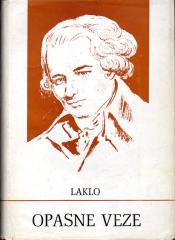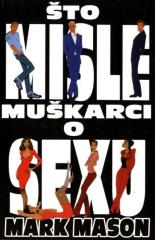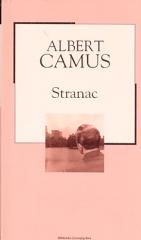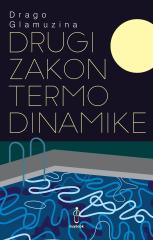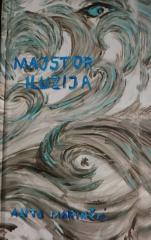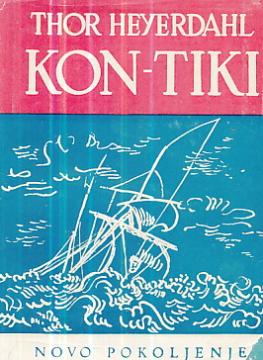
Kon-Tiki
Die Kon-Tiki-Expedition war eine Floßfahrt über den Pazifischen Ozean von Südamerika zu den polynesischen Inseln unter der Leitung des norwegischen Entdeckers und Schriftstellers Thor Heyerdahl.
Das Floß wurde Kon-Tiki nach dem Inka-Gott Viracocha benannt, für den „Kon-Tiki“ angeblich ein alter Name war. Heyerdahls Buch über die Expedition trägt den Titel „Kon-Tiki Expedition: Rafting Across the South Seas“. Ein Dokumentarfilm aus dem Jahr 1950 gewann den Oscar als bester Dokumentarfilm, 2012 wurde ein Spielfilm gedreht, der für den Oscar als bester ausländischer Film nominiert war.
Die Kon-Tiki-Expedition wurde durch private Kredite sowie Ausrüstungsspenden der US-Armee finanziert. Heyerdahl und ein kleines Team reisten nach Peru, wo sie mit Hilfe einer von den peruanischen Behörden bereitgestellten Werft ein Floß aus Balsastämmen und anderen einheimischen Materialien im Stil der spanischen Konquistadoren bauten. Die Reise begann am 28. April 1947. Heyerdahl und fünf Begleiter flogen 101 Tage lang über 6.900 km (4.300 Meilen) über den Pazifischen Ozean, bevor sie am 7. August 1947 vor Raroia in den Tuamotus gegen ein Riff stürzten. Die Besatzung schaffte es erfolgreich zur Landung und alle kehrten sicher zurück. Heyerdahl glaubte, dass Menschen aus Südamerika in präkolumbianischer Zeit nach Polynesien gelangt sein könnten. Sein Ziel bei der Organisation der Kon-Tiki-Expedition war es zu zeigen, dass es keine technischen Gründe gab, die sie daran hinderten, und nur die Materialien und Technologien zu verwenden, die den Menschen der damaligen Zeit zur Verfügung standen. Obwohl die Expedition einige moderne Geräte wie Radios, Uhren, Karten, einen Sextanten und Metallmesser verwendete, behauptete Heyerdahl, dass dies sekundäre Elemente seien, um zu beweisen, dass das Floß allein die Reise bewältigen könne. Diese Idee wurde durch eine statistische Analyse der genetischen Beweise für den Kontakt zwischen Südamerika und Polynesien gestützt. Allerdings wird Heyerdahls vollständige Hypothese des südamerikanischen Ursprungs der polynesischen Völker heute weitgehend abgelehnt. Die meisten archäologischen, sprachlichen, kulturellen und genetischen Beweise belegen einen westlichen Ursprung der Polynesier aus Südostasien, die während der austronesischen Expansion hochentwickelte Mehrrumpfschifftechnologien und Navigationstechniken nutzten. Es gibt Hinweise auf einen Genfluss von Südamerika auf die Osterinsel. Im Jahr 2020 veröffentlichten einige Forscher eine Studie.
Im Angebot sind keine Exemplare vorhanden
Das letzte Exemplar wurde kürzlich verkauft.
